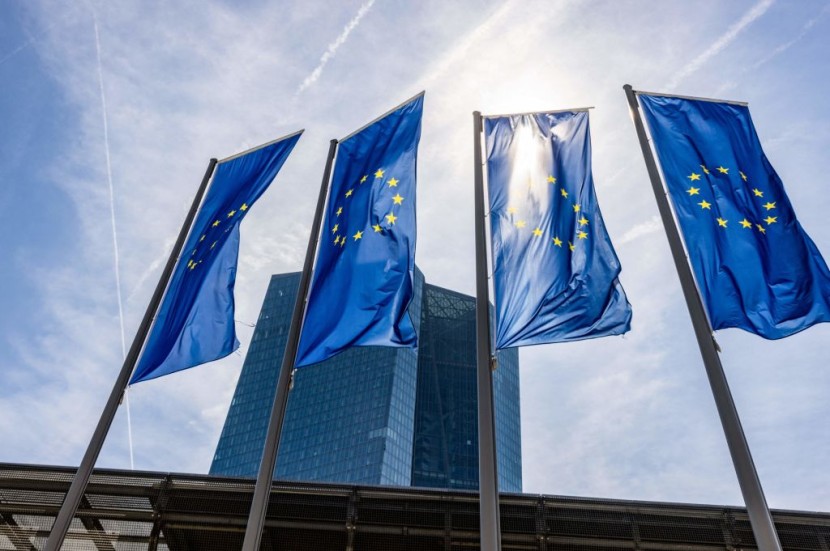
European leaders are set to hold an emergency summit in Paris on Monday after the Trump administration announced that Europe would be excluded from upcoming U.S.-Russia talks on ending the war in Ukraine.
The meeting, hosted by French President Emmanuel Macron, aims to align Europe's stance amid growing concerns that Washington is sidelining both Ukraine and its NATO allies.
The summit follows an announcement that U.S. Secretary of State Marco Rubio will meet with Russian officials in Saudi Arabia on Tuesday for preliminary peace discussions. Ukrainian President Volodymyr Zelenskyy was not invited and is currently in the United Arab Emirates on a scheduled trip to boost humanitarian aid for Ukraine. The talks have triggered alarm among European leaders, who fear a U.S.-Russia deal could compromise European security.
On Sunday, Zelenskyy made his stance clear. "I would never accept any decisions between the United States and Russia about Ukraine," he told NBC's Kristen Welker. "There is no any leader in the world who can really make a deal with Putin without us about us."
British Prime Minister Keir Starmer called the Paris meeting a "once in a generation" moment for national security. European leaders, including those from Germany, Italy, Poland, Spain, the Netherlands, and Denmark, as well as NATO Secretary-General Jens Stoltenberg and European Commission President Ursula von der Leyen, are in attendance. Macron's office described the meeting as an opportunity to unite "all the partners interested in peace and security" in the region.
Concerns in Europe have intensified following comments by Trump's envoy to Ukraine, Keith Kellogg, who suggested at the Munich Security Conference that Europe would not be involved in the upcoming peace talks. Trump, who last week held a phone call with Russian President Vladimir Putin, later assured Zelenskyy that Ukraine would have a role in negotiations.
Meanwhile, Finnish President Alexander Stubb proposed that European nations appoint a special envoy to represent their interests in future negotiations. Additionally, European leaders are discussing potential security guarantees for Ukraine, including a proposal for France, the U.K., and Poland to deploy peacekeeping troops to enforce any future ceasefire.
Starmer became the first European leader to publicly commit to such a deployment, writing in the U.K.'s Daily Telegraph that he is "ready and willing" to put British troops on the ground in Ukraine if needed. Swedish Prime Minister Ulf Kristersson also indicated Sweden would consider contributing to peacekeeping efforts should negotiations progress.
Also, Rubio has sought to downplay concerns over Europe's exclusion, telling CBS on Sunday that Ukraine and Europe would be part of any "real negotiations." He described Tuesday's talks in Saudi Arabia as an initial step to gauge Russia's seriousness about ending the war.
Macron emphasized the importance of Europe's role in fostering peace, saying on Sunday that he had discussed the issue with Saudi Crown Prince Mohammed bin Salman, underscoring Europe's central stake in any resolution to the conflict. However, with Ukraine absent from the upcoming talks and no clear European representation, concerns remain over the direction of the negotiations and their long-term implications for regional stability.








